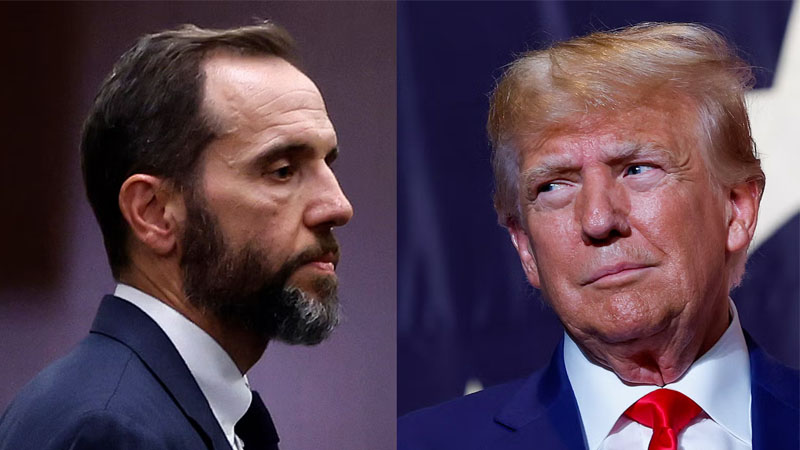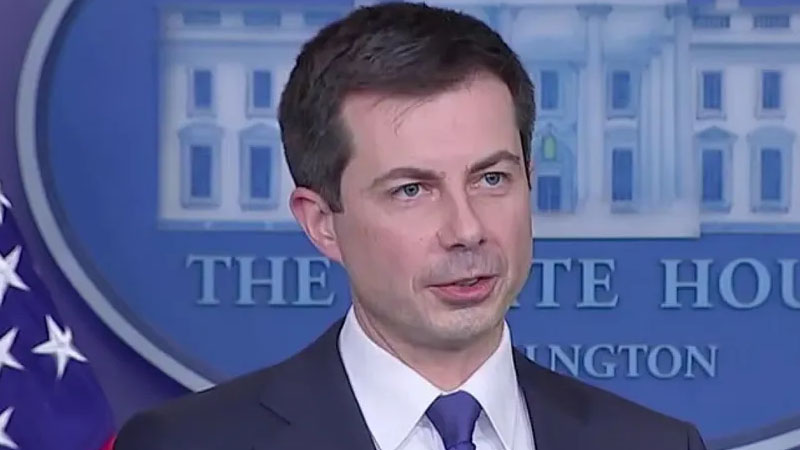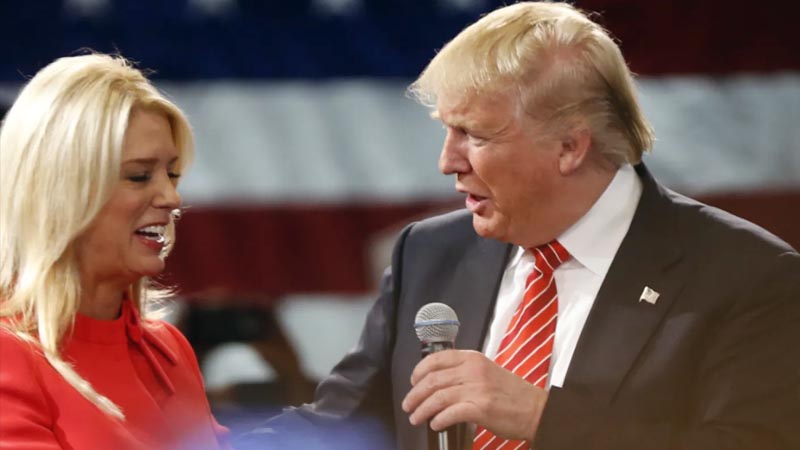Special Counsel Jack Smith Challenges Trump’s Presidential Immunity Claim in Supreme Court

Photos by Chip Somodevilla/Getty Images and Anna Moneymaker/Getty Images
In a pivotal development in the legal saga surrounding former President Donald Trump, Special Counsel Jack Smith has taken a firm stance before the Supreme Court, challenging Trump’s assertion of presidential immunity in connection with actions he took following the 2020 presidential election leading up to the events of January 6, 2021.
The court documents reveal that on Monday, Smith submitted a comprehensive 66-page document that meticulously critiques the notion that Trump’s conduct during this critical period should be exempt from legal scrutiny in the special counsel’s investigation into federal election interference.
The Supreme Court is expected to deliberate on this contentious issue on April 25, focusing on the extent to which Trump can be held accountable in the legal proceedings presided over by Judge Tanya Chutkan. This case, significant for its implications on presidential powers and accountability, has been in a holding pattern, pending the resolution of this debate in the appellate courts.
At the heart of this legal battle is Trump’s argument for absolute immunity, positing that the presidency necessitates a broad shield against prosecution to effectively serve as the nation’s leader and commander in chief. However, Smith’s counterargument poses a stark challenge to this claim, suggesting that granting such sweeping immunity would pose a serious threat to the core tenets of American democracy by placing the president above the law.
Trump has maintained his innocence, pleading not guilty to the charges brought forward by Smith. This legal standoff has attracted widespread attention, with legal experts and observers keenly analyzing the unfolding arguments and their broader implications. Among those closely monitoring the case is former federal prosecutor Joyce Vance, who highlighted a particularly compelling segment of Smith’s submission.
Vance underscored the nuanced position put forth by Smith, acknowledging the theoretical possibility of some presidential immunity but firmly asserting that such a doctrine should not apply in this instance. Smith’s argument invites the Supreme Court to distinguish between theoretical legal protections for the presidency and the specific circumstances at hand, advocating for the case to proceed to trial without the shield of absolute immunity.
This moment in the legal proceedings marks a critical juncture, as the Supreme Court’s decision will not only determine the course of Trump’s case but also set a precedent regarding the boundaries of presidential immunity and the accountability of high-ranking officials. As the nation awaits the Court’s ruling, the principles of justice and democratic governance hang in the balance, underscoring the gravity of the questions at hand.


